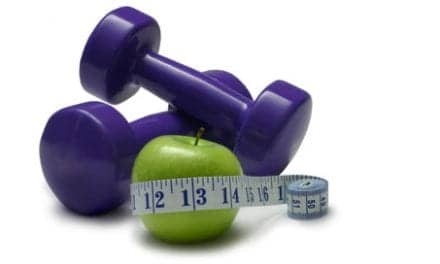Consuming an anti-inflammatory diet may help boost bone health and prevent fractures in some women, according to a study from Ohio State University.
Such a diet—which tends to be high in vegetables, fruits, fish, and whole grains—may be linked to fewer hip fractures among postmenopausal women younger than age 63, suggests the study, published recently in the Journal of Bone and Mineral Research.
In the study, Tonya Orchard, an assistant professor of human nutrition at Ohio State University, and her team examined dietary data from 160,191 participants the Women’s Health Initiative to compare levels of inflammatory elements in the participants’ diets to bone mineral density and fractures.
Fracture data was collected for the entire study group, but the research team used bone-mineral-density data from a subset of 10,290 women.
The team then used a scoring system called the Dietary Inflammatory Index, in which they assigned inflammation scores based on 32 food components that the women reported consuming in the 3 months prior to their enrollment in the study.
Based on the scoring system, the researchers note that women with the least-inflammatory diets lost less bone density during the 6-year follow-up period than others who consumed the most inflammatory diets. This was despite the fact that they started off with lower bone density overall, according to a media release from Ohio State University.
“This suggests that as women age, healthy diets are impacting their bones,” Orchard says in the release. “I think this gives us yet another reason to support the recommendations for a healthy diet in the Dietary Guidelines for Americans.”
The team found this correlation only between high-inflammatory diets and fracture risk among younger white women. Higher scores were associated with an almost 50 percent larger risk of hip fracture in Caucasian women younger than 63, compared with the risk for women in the group with the lowest inflammatory scores.
“This suggests that a high-quality, less-inflammatory diet may be especially important in reducing hip fracture risk in younger women,” the researchers write in the release.
This study supports a growing body of evidence that factors that increase inflammation may increase one’s risk for osteoporosis, according to Rebecca Jackson, the study’s senior author and director of Ohio State’s Center for Clinical and Translational Science, in the release.
“By looking at the full diet rather than individual nutrients, these data provide a foundation for studying how components of the diet might interact to provide benefit and better inform women’s health and lifestyle choices,” says Jackson, also the national chair of the Women’s Health Initiative steering committee.
[Source(s): Ohio State University, Science Daily]





